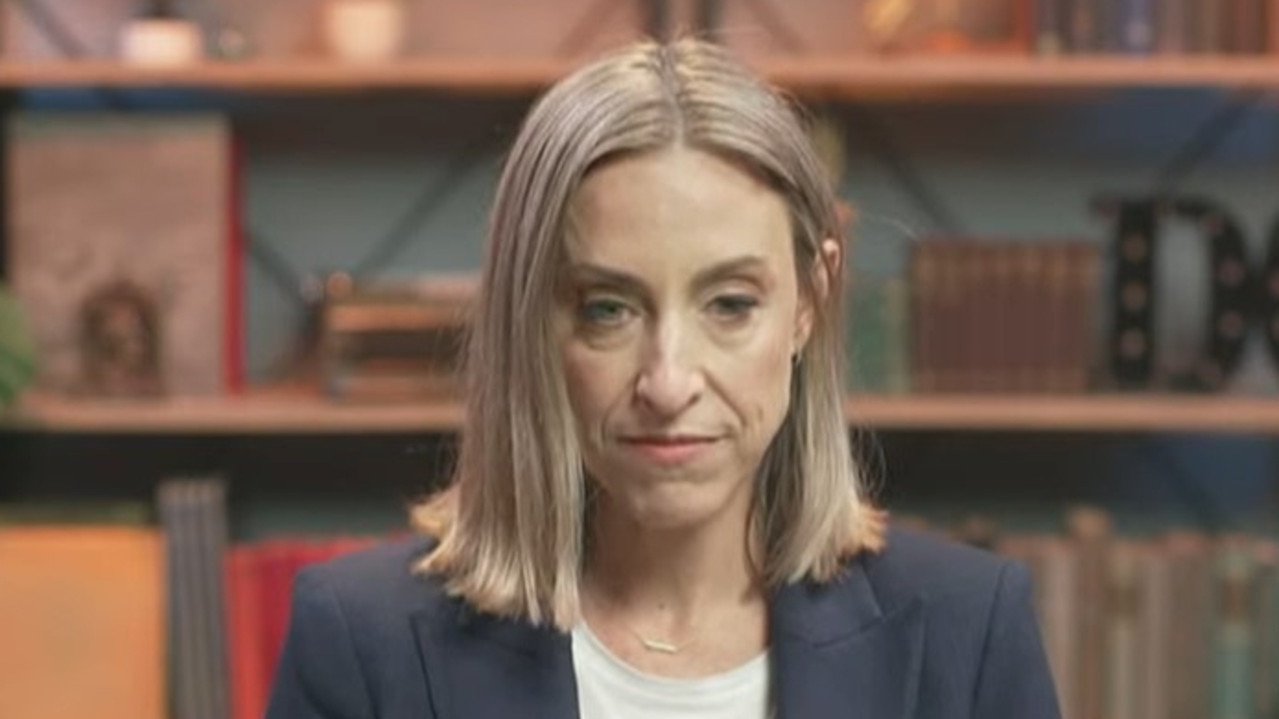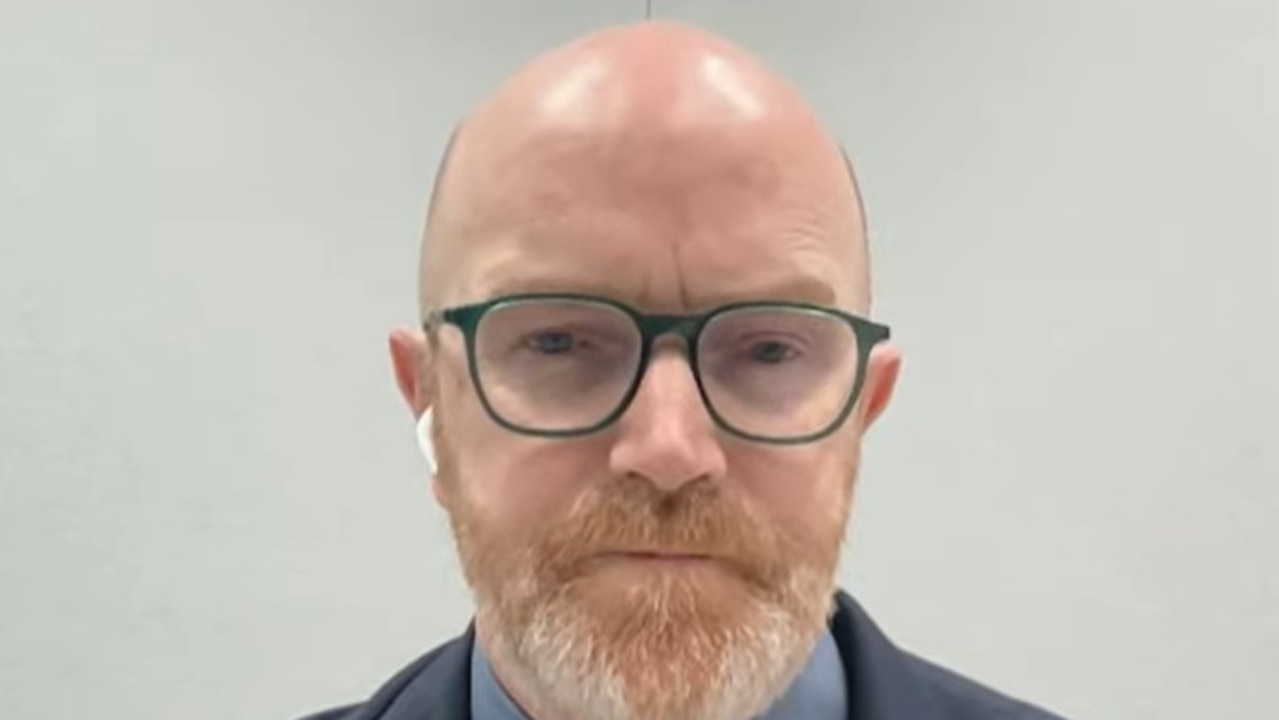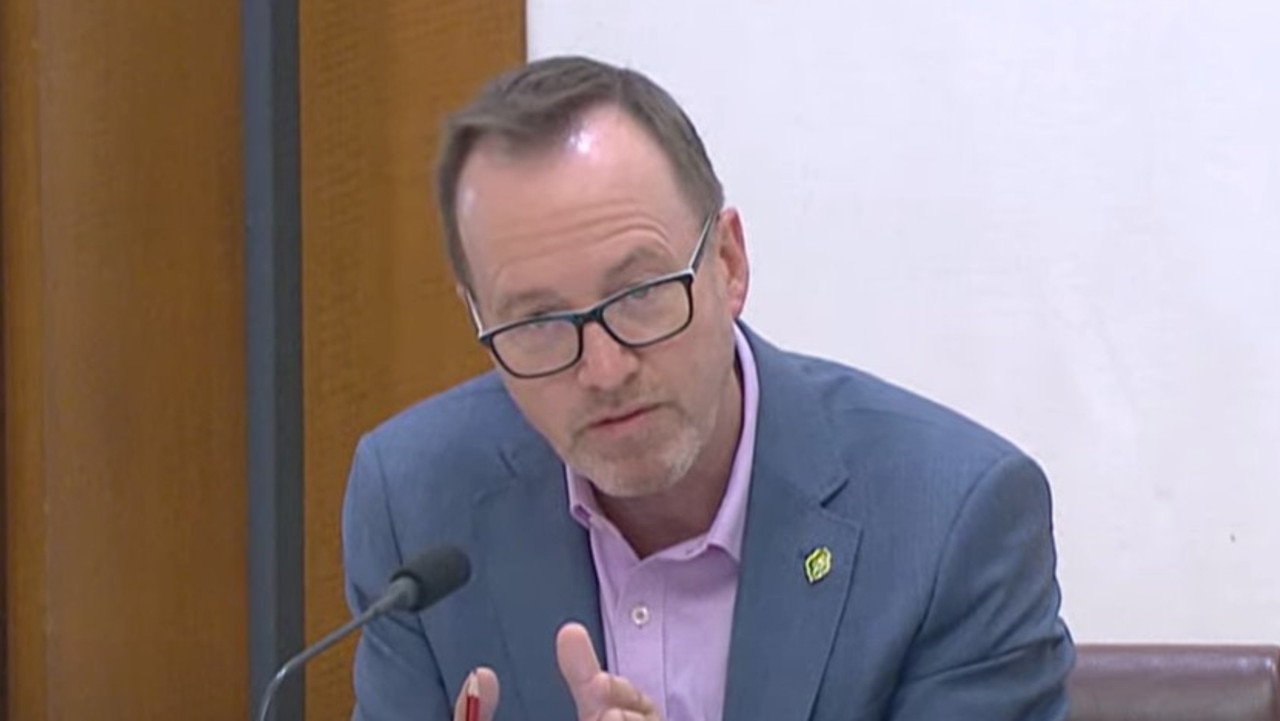Meta executives confirm tech giant scraping public data since 2007
US tech giant Meta has admitted to systematically scraping the public data of millions of Australians to train its AI products.
Tech giant Meta has been systematically scraping the data of millions of Australian Facebook and Instagram users since 2007 to train its AI products, a senate hearing has revealed.
Meta executive Melinda Claybaugh, appearing before the senate select committee on adopting artificial intelligence on Wednesday, confirmed the massive data collection policy under questioning from Labor senator Tony Sheldon.
“We are using public data to train our foundation model and the services we build on that model,” she said.
“We are using publicly, widely accessible data that is available online.”
Ms Claybaugh initially denied the company pulled photos and text from Facebook or Instagram profiles but then clarified that if a user had set their posts to public, which means the photos or text are accessible to anyone, then the company collected the information and fed them into its AI training models.
“We are using public data from our product and services,” she said.
She said unless a user had consciously set posts to private, the company had scraped the data.


Ms Claybaugh said the company did not collect data from profiles under the age of 18.
However, if a parent had posted a photo of their child, that photo could be scraped, she said.
Greens senator David Shoebridge said the data collection method posted “ethical issues” and argued an Australian mother posting a photo of her child to celebrate a milestone would likely not have contemplated the photo being used to train AI.
“That mum didn’t give Meta permission to learn from her child,” he said.
Ms Claybaugh responded that the company had a “layered approach to the mitigations we have in place”.
“Personal data cannot be spit out of the generative AI product, cannot be associated with a particular person,” she said.
Labor senator Lisa Darmanin asked whether the company scraped data from profiles that were once held by children, but had since ticked over the 18 years age limit.
Ms Claybaugh said she would take the question on notice.

Meta’s privacy policy and terms and conditions are about 25,000 words long, the hearing heard, and Ms Claybaugh said it was unlikely that most users consumed the documents.
“I would guess most people are not reading the terms of service,” she said.
But she said Meta offered users dedicated privacy settings around generative AI.
Ms Darminan also asked whether it was possible other AI developers had scraped Meta data for their own models.
Ms Claybaugh said she would take the question on notice, but added the company had protections in place.
“We have rules in place, as to who can collect public data from that website and who cannot,” she said.
Ms Claybaugh appeared alongside Meta vice president public policy for APAC Simon Milner.
The executives fronted the committee as tech companies confront a raft of renewed and tightened scrutiny around their operations in Australia and across the globe.
This week the government revealed it would trial a ban on children accessing social media as parents grow increasingly concerned about the health impacts of children using tech platforms.
Mr Milner, responding to a question from independent senator David Pocock about the proposed reform, said the issue had become a “global debate” but argued it was not “cut and dry”.
He said several mental health charities had raised concerns about banning children from social media, arguing the platforms were sometimes the only places children could go to for the help or support they needed.
Senator Pocock asked why the company permitted gambling and alcohol ads to appear on the feeds of teenagers.
Mr Milner replied bluntly: “We do not.”
But Senator Pocock said he had seen work from researchers that demonstrated children’s feeds had featured gambling ads.
Mr Milner then said he would come back to the senator “on notice”.
Senator Sheldon, in wrapping up the hearing, said millions of Australians were “sick of tech companies doing whatever they want”.
“I do expect governments to do something about it,” he said.
“These are serious issues across the community. This committee will be looking at those matters.”
Read related topics:Facebook




